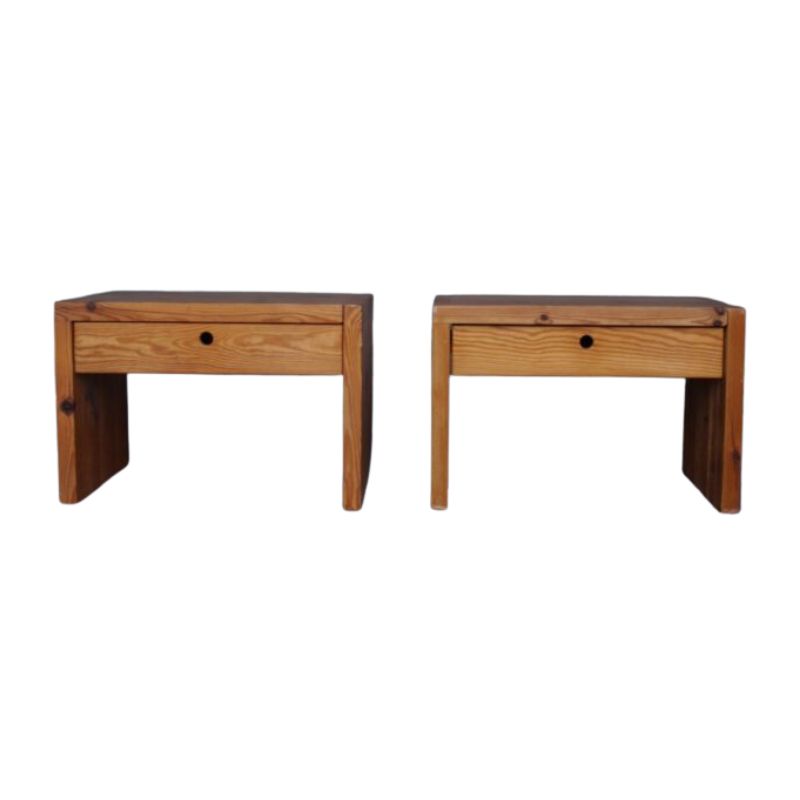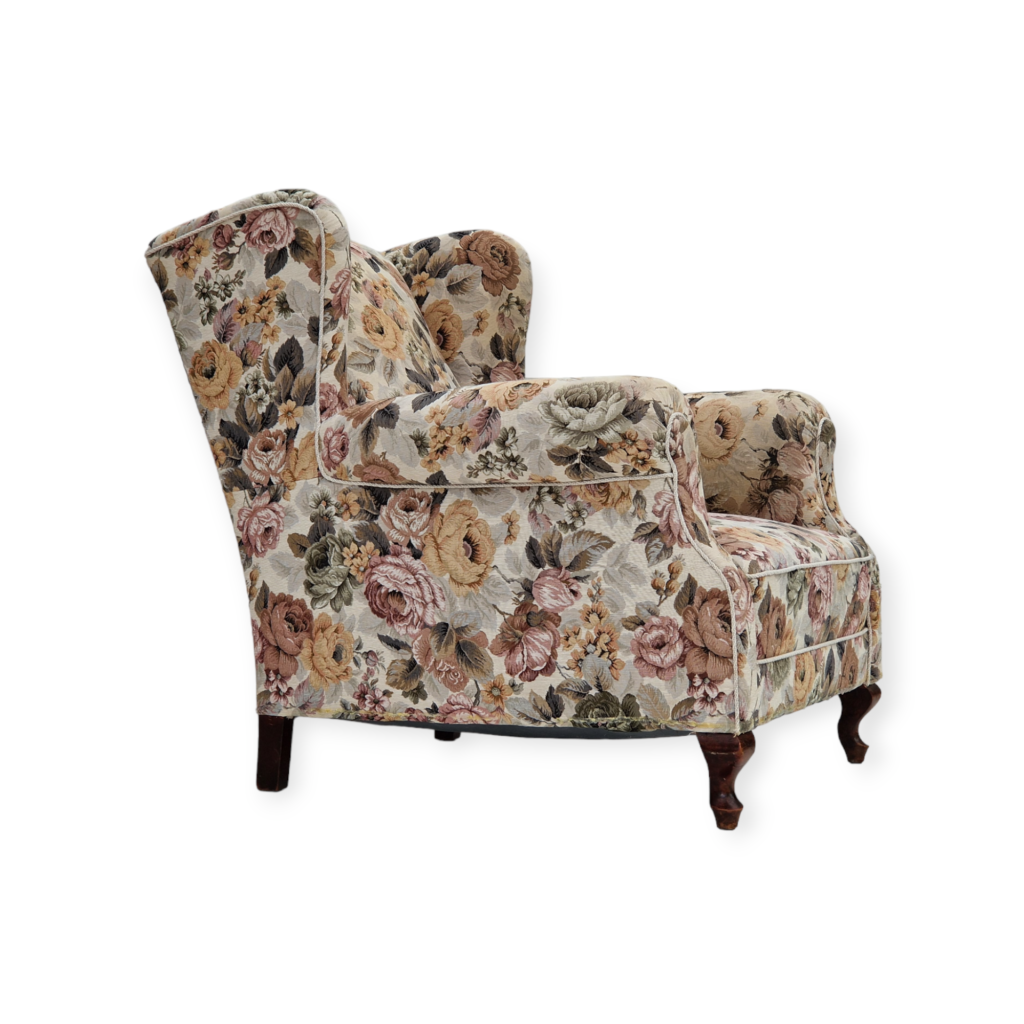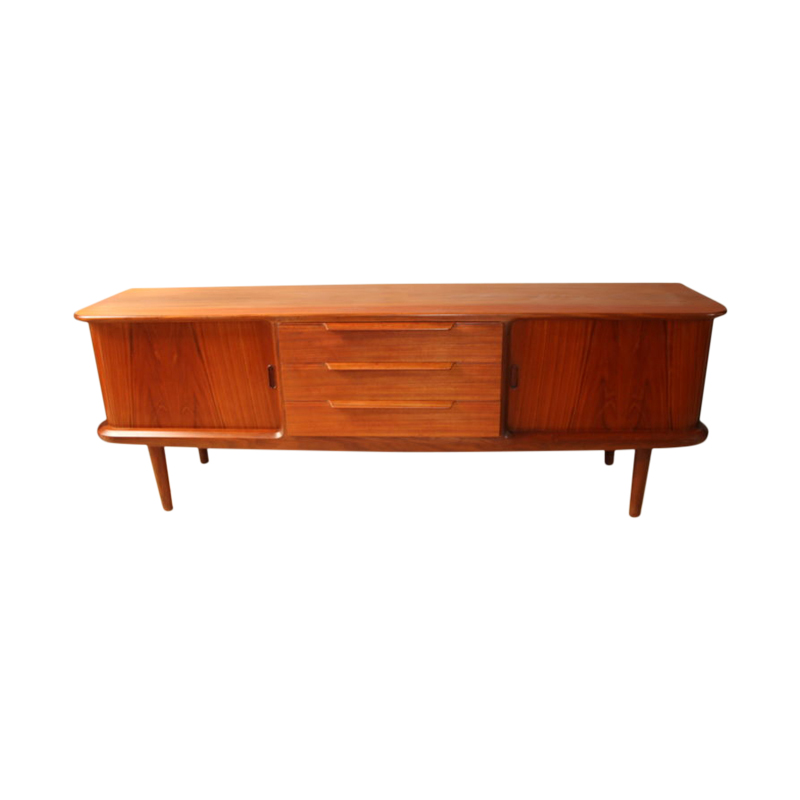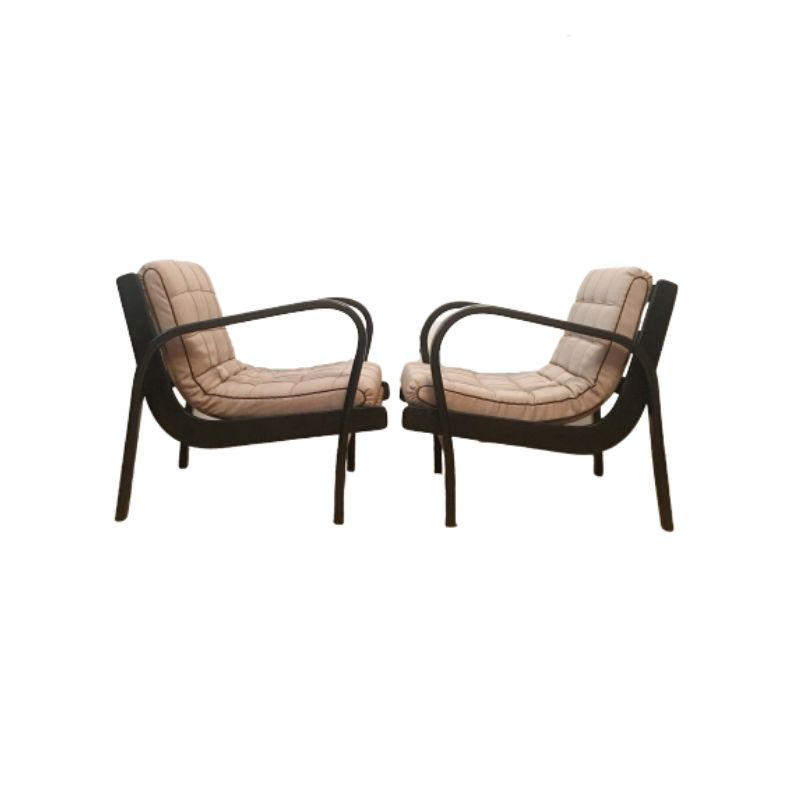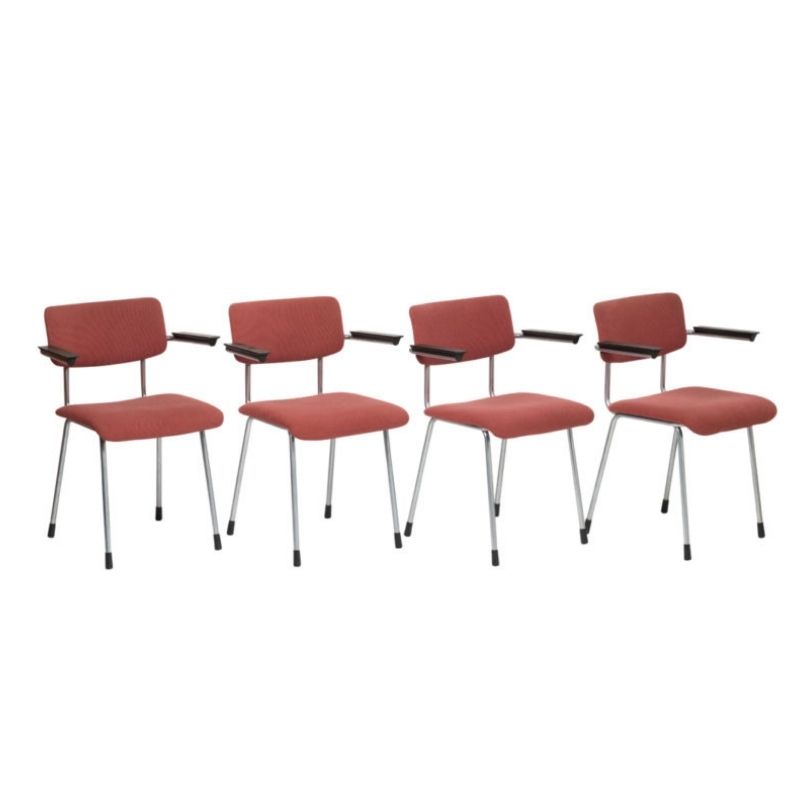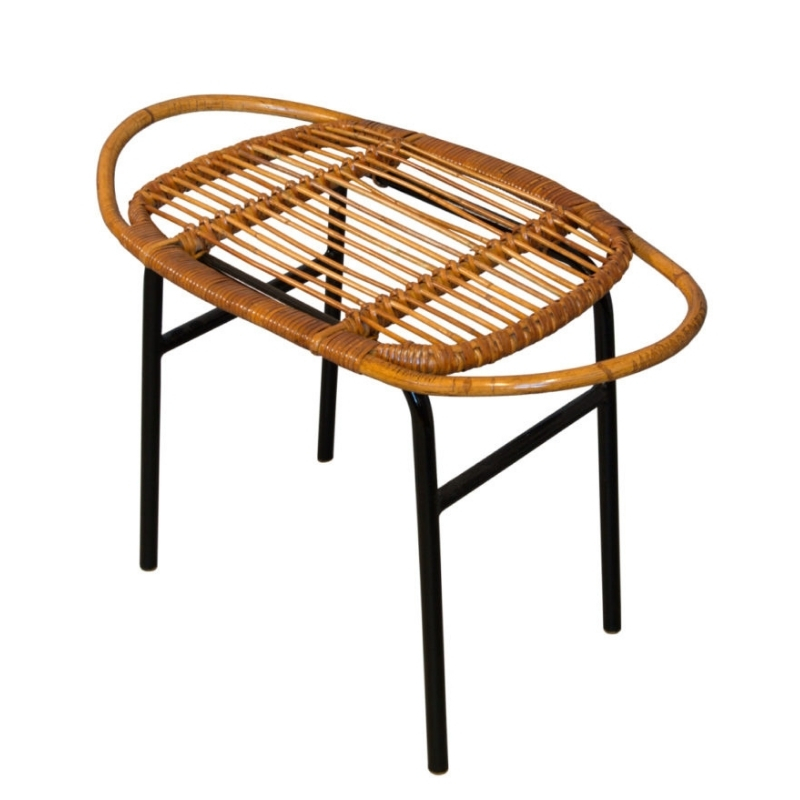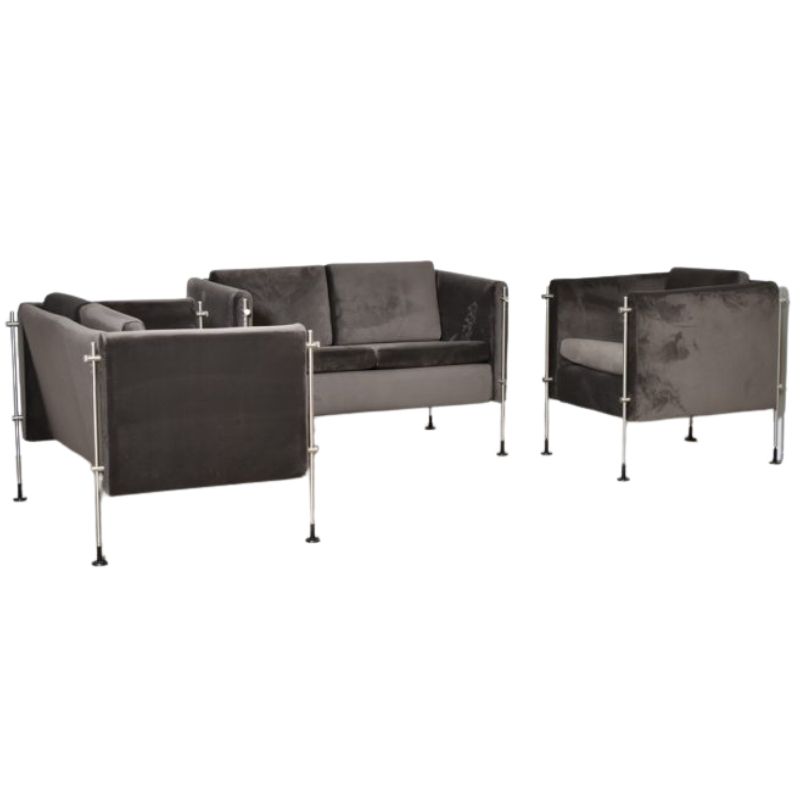Hi everyone!
So I stripped it down which took an age and gave it a pretty darn good French polish if I do say so myself. In fairness I didn't give it a true French polish because every Danish table I've had does not have a glass like finish, the texture of the grain is still visible. I stopped while I could still see that!
OT: My concern is, as I stripped it the rosewood became very dark. I am hoping that this is only as dark as it would have been originally and that it will fade with time. Is that the case? I'm guessing it's because it's an alkali stripper 'bio' stripper.
It's dark enough to camouflage some of the lovely figuring which is slightly upsetting (but again, as far as I've read, this was often the case with new rosewood furniture) but also blends in with most of my other rosewood furniture and part of the the reason I wanted to replace my current bleached rosewood table.
Any experience would be wonderful!
The lightening of the rosewood is from UV light exposure. Only removal of wood to expose fresh wood undoes this. Stripper only takes off the finish, not wood. So I am guessing that what happened is the stripper reacted with something in the wood and darkened it. I have observed a similar darkening reaction with alkaline substances on teak or oak. I believe it is a reaction with tannins as it is reversed by oxalic acid.
But as far as my experience goes you are in new territory. This sounds like perhaps a promising way of 'dying' sun bleached rosewood.
Thanks Leif,
I think it is new territory. I'm a little apprehensive! I found a really interesting book on it, it's a bit in depth and lots of it is unrelated but it goes into a little detail about a variety of visual reactions wood can have with sunlight, acid, alkali and even iron(Fe) stains.
https://books.google.co.uk/books?id=pKiTzbEDy1QC&lpg
Might be an in depth resource for anyone looking to deal with stains on their wood. Although there is direct reference to a non specified species of rosewood, the alkali section that seemed pertinent didn't use rosewood as an example.
Ultimately though alkali 'staining' still bleaches out with sunlight on all four of the woods tested, darkest ones fastest. So I am no longer concerned.
-------------------------
And no, this is yet another table of mine, the legs of which are most definitely not bubinga - although they are veneered and I couldn't tell you what the hardwood behind the rosewood veneer is! I forgot about taking photos of the other legs. I'll get on that.
If you need any help, please contact us at – info@designaddict.com



